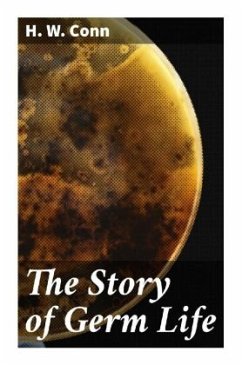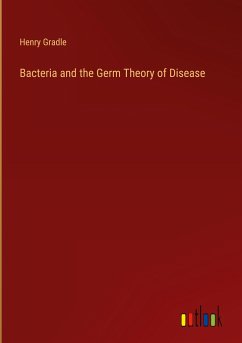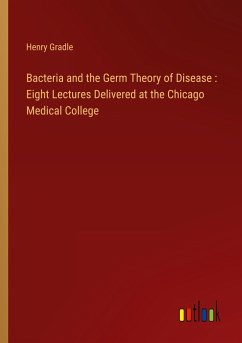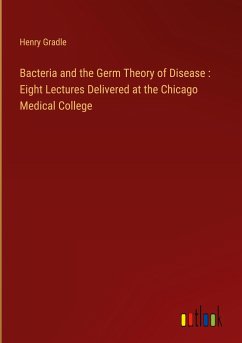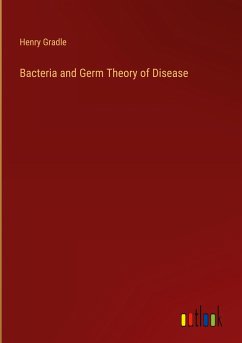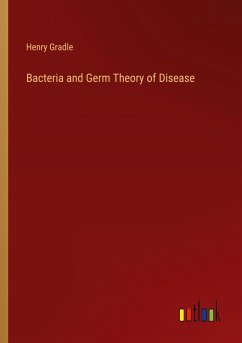In "The Story of Germ Life," H. W. Conn embarks on a pioneering exploration of microbiology, shedding light on the complex world of microorganisms and their critical roles in the ecosystem. Conn's engaging prose balances scientific rigor with accessibility, employing a narrative style that intertwines vivid descriptions and empirical observations. The book situates itself within the burgeoning field of bacteriology in the late 19th century, reflecting contemporary advances in microscopy and germ theory, and illustrates the profound implications of germs on health, industry, and the environment. H. W. Conn, a prominent American microbiologist and educator, was a key figure in popularizing scientific knowledge during a time of immense discovery. His expertise in bacteriology was influenced by the emerging scientific paradigms of his era, including the works of Louis Pasteur and Robert Koch, prompting him to elucidate the implications of germ life to a broader audience. Conn's commitment to education and scientific literacy compelled him to write this book, aiming to bridge the gap between complex scientific ideas and public understanding. I highly recommend "The Story of Germ Life" to anyone interested in understanding the foundational concepts of microbiology and the impact of germs on human existence. Conn's lively narrative and thorough examination of small yet powerful entities not only educates but also sparks curiosity about the unseen life that surrounds us.
Bitte wählen Sie Ihr Anliegen aus.
Rechnungen
Retourenschein anfordern
Bestellstatus
Storno

